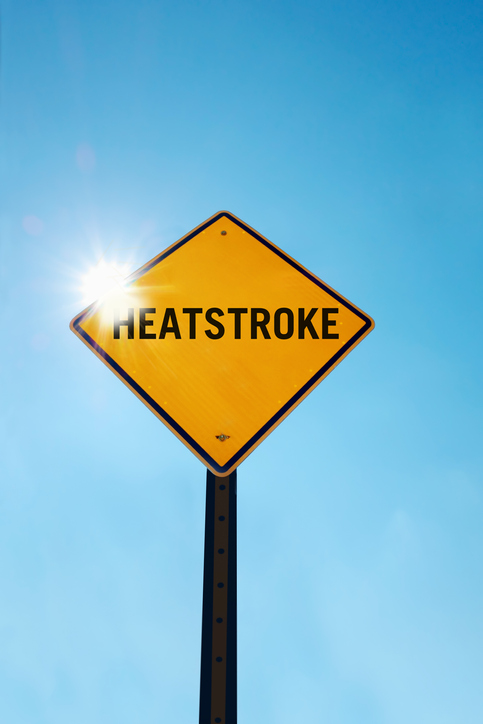The summer swelter has arrived as forecasters call for rising temperatures across the country. That means more health risks as you work and play outside, especially for older people and young children. Excessive heat exposure can cause several heat related health problems also known as hyperthermia. Illnesses from heat include heat cramps which is the mildest form, heat exhaustion, and heat stroke which is the most severe. Heat cramps are painful spasms of your arm, leg and/or abdomen muscles. People experiencing heat cramps should rest in a cooler place and drink water or fluids containing electrolytes. It is important to be aware that symptoms of heat exhaustion, heat cramps, and heat stroke can overlap. Heat cramps can be a sign of heat exhaustion and/or heat stroke.
Symptoms of Heat Exhaustion:
- profuse sweating
- headache
- dizziness
- nausea
- rapid heartbeat
- skin that feels cool and moist
- muscle cramps
When to Seek Medical Care
If someone is experiencing symptoms of heat exhaustion action should be taken immediately to avoid progression into heat stroke. Move this person to a cooler location, apply cool wet cloths to their body, and give them cool water to drink. If symptoms do not improve within 1 hour or if they worsen contact your doctor for medical advice. If the person is confused or agitated, loses consciousness, vomits, refuses or is unable to drink, call 9-1-1 immediately. Heat exhaustion can lead to heat stroke which can be life threatening.
How to Avoid Heat Related Illness
- Wear light-weight, light colored clothing made of breathable material, like cotton.
- Avoid sunburn.
- Stay hydrated. Drink water throughout the day.
- Never stay or leave someone in a parked car.
- Avoid strenuous outdoor activity on hot days.
- If you must be outside, take frequent breaks in a cool place.
- Air-conditioning is the single best way to protect against heat-related illness. If you do not have air-conditioning at home during extreme heat, try to spend time in air-conditioned locations such as a shopping mall, public library, or public health sponsored heat-relief shelter in your area.
Originally published June 23, 2015
Updated June 28, 2019







